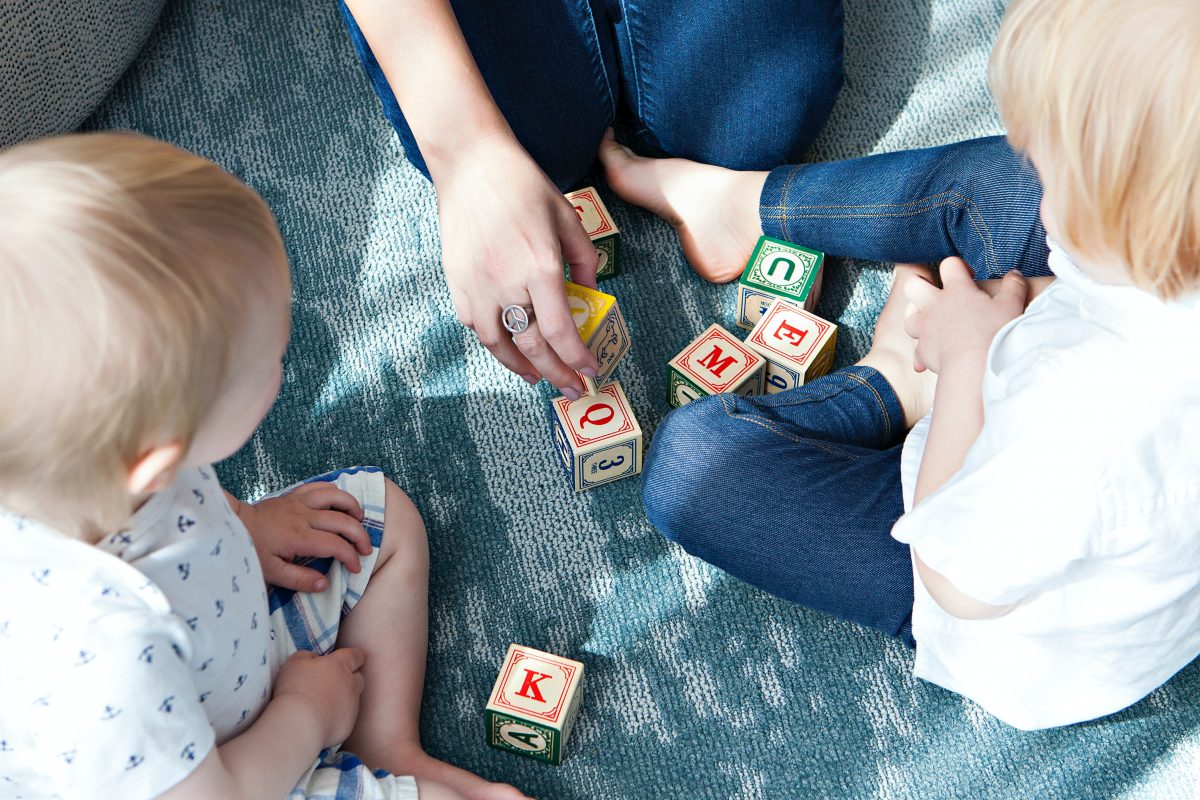There are moments in all our lives that cause us to stop and reflect – the start of a new year; when a new opportunity is presented to us; when we’ve had a challenging experience; or have lost someone dear to us. As a society, COVID-19 forced us to stop and change what we were doing. Now, as we move to the “new normal” we have an opportunity to consider and reflect on the changes we have made.
This week, we have published our final report, working with the Early Intervention Foundation and on behalf of the Department for Education, which shares the findings from our work with 17 local authorities (LAs) on understanding the challenges of delivering early help and children’s social care during a pandemic, how practice adapted and what areas we should reflect on in light of this experience.
Three themes emerged from our research and as life progresses to the “new normal”, there is much to consider.
Firstly, the importance of communication and multi-agency working was re-emphasised over the last two years. Whilst this is not a new concept, the pandemic shone a light on how information sharing and closer working relationships can transform practice – ensuring all partners, including parents and children, receive the right information within the appropriate timescales.
Secondly, creativity and flexibility in how support is offered was also welcomed. Variations of home visits, face-to-face contact outdoors, and virtual support were all considered and used to meet the needs of families, whilst maintaining social distancing where possible.
And thirdly, with many families experiencing increased financial hardship during the pandemic, the value of early help with a focus on practical support (characterised by research participants as “ordinary help”) was felt to build trust between a family and the practitioner. Removing practical problems also allowed families to focus on other issues.
Whilst we must never forget the loss, distress and disruption that COVID-19 caused, as we move forward we must also take the opportunity to look back, reflect and learn. As one social worker put it during our research:
“[COVID-19] made it possible to change actually. It’s made us look at things and go ‘well actually everything doesn’t need to stay the same.’”
To read in more detail about our findings, you can read our interim report here, and final report here.


